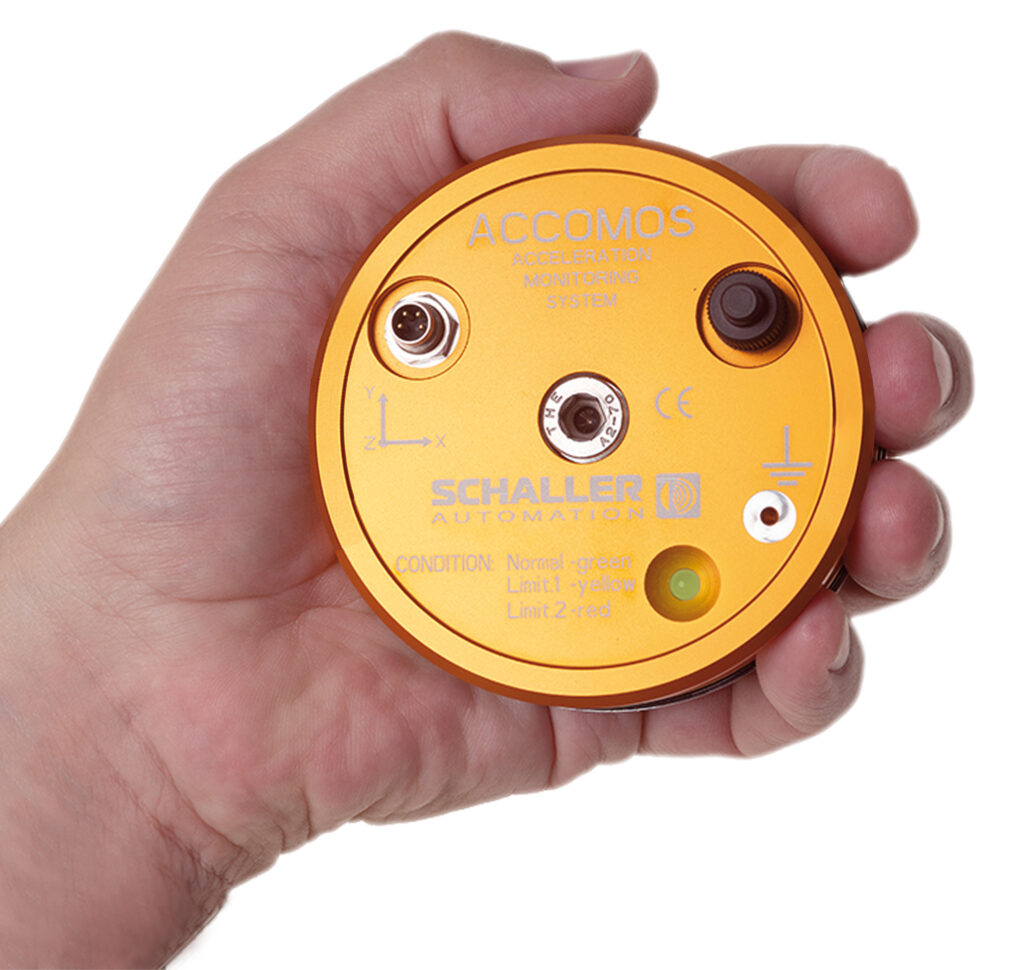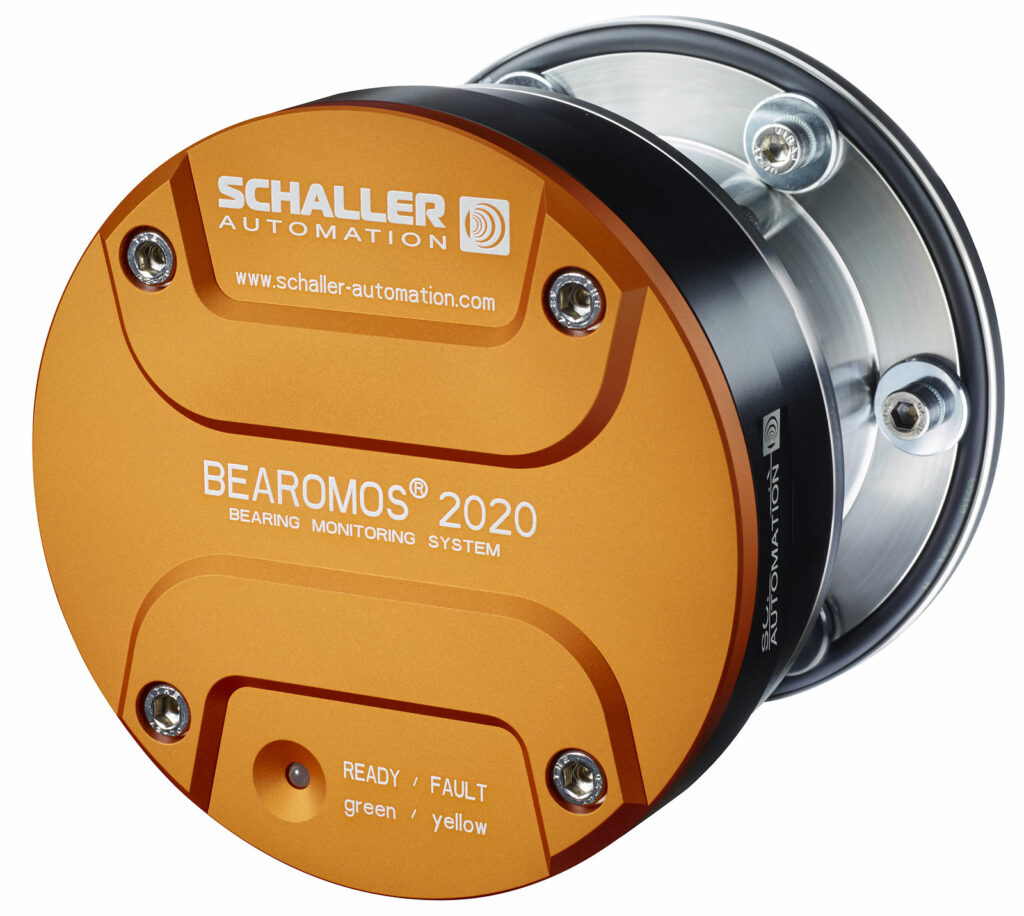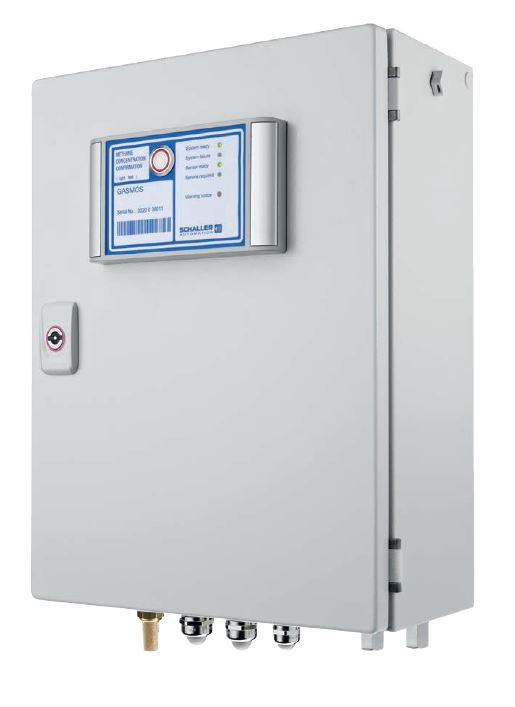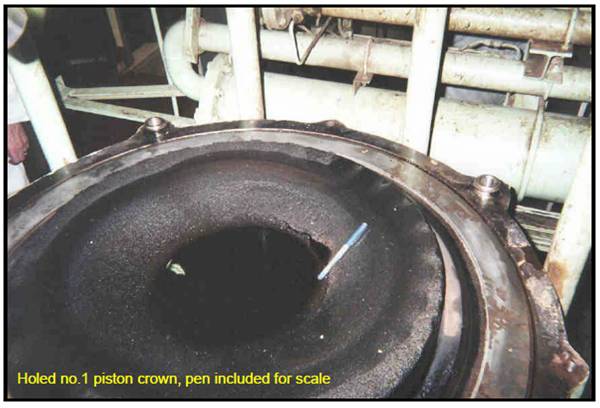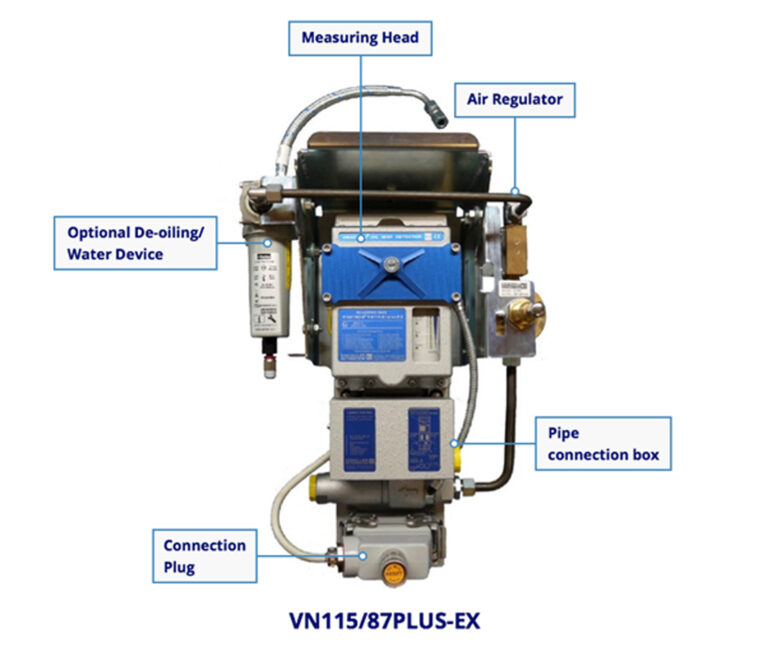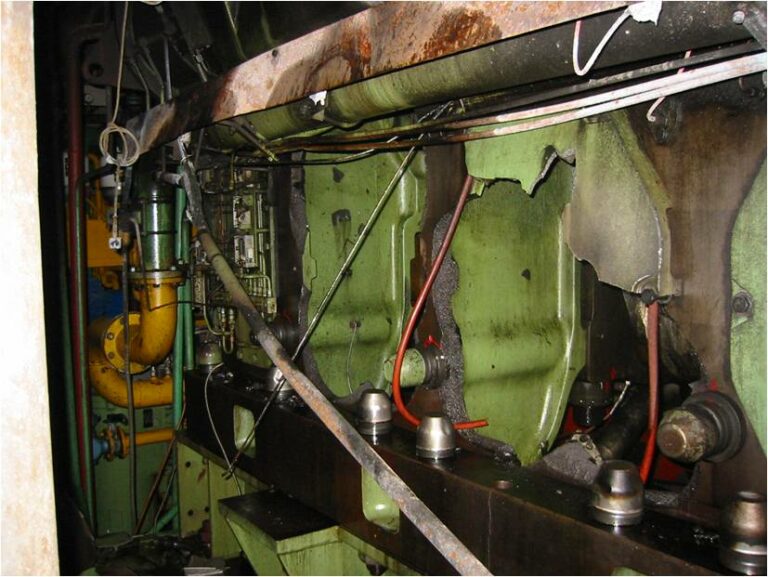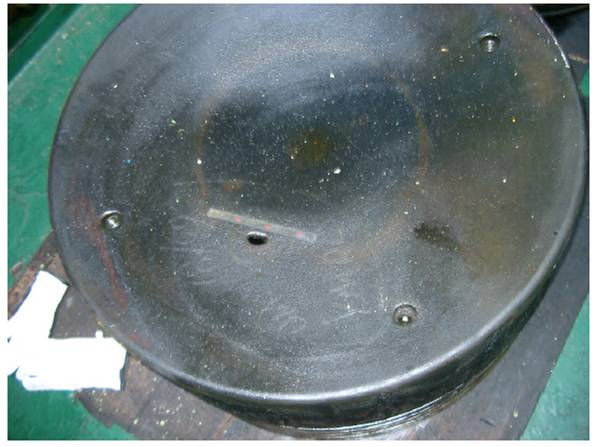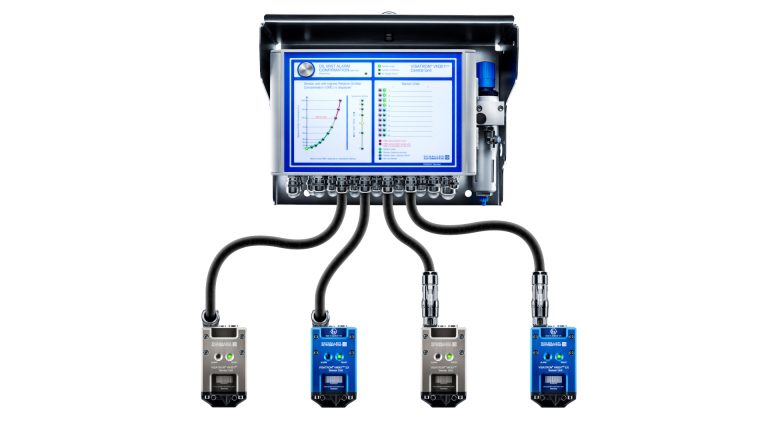Oil mist refers to oil droplets suspended in the air in the size range 1~10 µm.
Oil mist may form when high pressure fuel oil, lubricating oil, hydraulic oil, or other oil is sprayed through a narrow crack, or when leaked oil connects with a high temperature surface vaporizes and comes in contact with low air temperature and condenses.
The atmosphere in the crankcase contains large amount of relatively large oil droplets (200 µm) in warm air. Because of the small surface area to volume ratio of the droplets, the possibility of ignition by a heat source is low. Oil mist is formed when a moving part inside the engine fails, it then overheats & vaporizes the oil droplets, which will travel away from the hotspot & condense into smaller droplets (5~10 µm).
Oil list becomes ignitable whenever it reaches the LOWER EXPLOSION LEVEL (LEL), which is approx. 47 mg/Litre or 13% oil mist/air ratio. At this point a hot spot with temperature above 850 deg. C (1562 deg. F) can trigger an explosion.
Surface that can generate intensive oil mist in addition to the crankshaft bearing system include:
- Pistons in cylinder liners
- Crankshaft bearings (main & big end bearings)
- Camshafts, their bearings & cams
- Timing gear shafts & their bearings
- Gear boxes with their bearings & in some cases pumps
- Guide blocks & paths in cross head engines.

